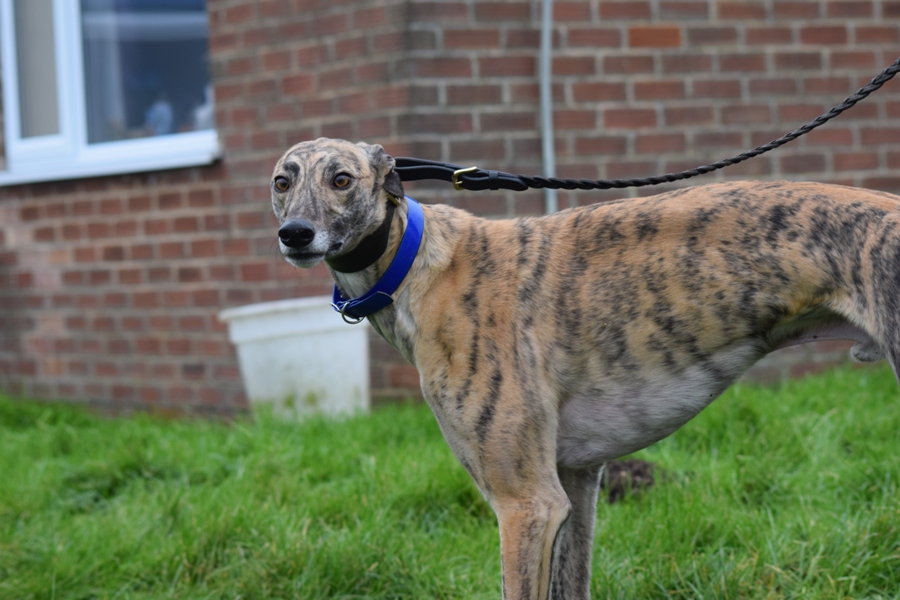As the COVID-19 lockdown continues into August, vulnerable dogs are in demand, according to local animal welfare charities. But it may not be as simple as happily ever after.

For thousands of years, dogs have been man’s best friend. Now, as Lincolnshire residents are confined to their houses, dogs have been a lifeline to those struck with loneliness and isolation.
In return, adoptions have increased, as people working from home have more time and freedom to care for a vulnerable animal.
One such charity, Lincolnshire Greyhound Trust, has been up and running as usual.
Relying on volunteers, the trust directs its finances towards rehoming retired greyhounds, after their days on the track come to an end.
In 2019, they beat their own record, giving 155 greyhounds a new home. Amid the pandemic, the trust has seen even more interest.
Kevin Stow, chairperson for the charity, said: “We have seen a record number of greyhounds adopted since the virus took place, with 77 homed since 1 April.”
So far, they’ve rehomed 123 greyhounds – and counting – in the first half of the year.
Another local charity, Jerry Green Dog Rescue, was forced to pause their intake at the beginning of the lockdown and care for dogs on an emergency basis.
However, after settling into the ‘new normal’, Charlotte Todd, the charity’s marketing coordinator, said: “We have, however, in the recent weeks, resumed our usual intake procedure and have started rehoming again, following social distancing guidelines.
“We are starting to see an increase in the number of calls from people who are interested in giving one of our dogs a forever home, which is a very positive sign.”
Despite the encouraging numbers, there is a concern that adopted dogs may be returned after lockdown comes to an end.
Mr Stow from Lincolnshire Greyhound Trust said it’s something the group is taking into account.
“We worry about every single greyhound that we home and there is always that possibility, but we talk and advise all our owners about the situation and how to avoid problems when the lockdown ends.”

For Jerry Green Dog Rescue, Ms Todd said they’re confident dogs will not be returned, due to a system called ‘meet and match’, which helps pair dogs with owners who can meet their needs.
She added that the charity has a care plan to ensure that dogs receive the support they need.
“If appropriate, we may decide that the dog would be better suited staying with one of our wonderful foster families, rather than in kennels, and will action this if necessary.
“Or we may find that the dog just needs to spend more time out of kennels, in our reception areas or on a ‘Bed and Breakfast’ stay with a team member. We do whatever it takes to ensure the dog is comfortable and safe.”
Unfortunately, while the pandemic hasn’t dampened the charity’s spirit, it has been a blow to the books.
“We are facing a huge financial shortfall due to all of our events and fundraising being cancelled or indefinitely postponed,” Ms Todd said.
“Tough decisions have been and are being made, and we are relying on our wonderful supporters now, more than ever, to secure our future and to help us be there for all of the dogs that need us.”
With the U.K.’s lockdown set to continue for the foreseeable future, local animal welfare charities have their eye on what a return to normality could mean for the vulnerable dogs they care for.

